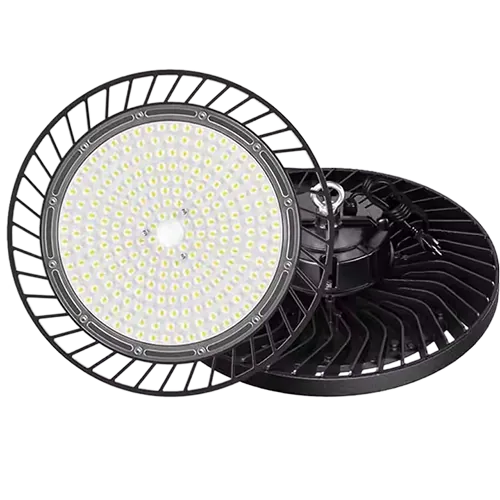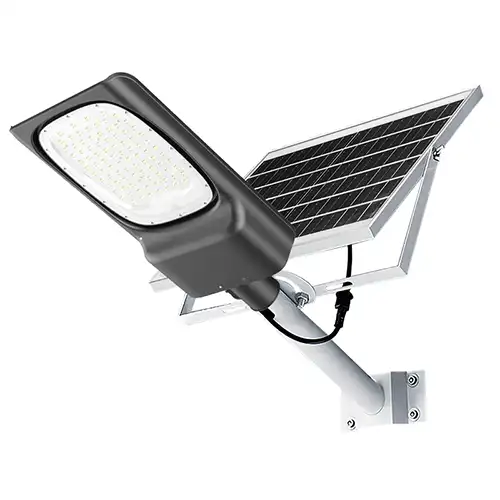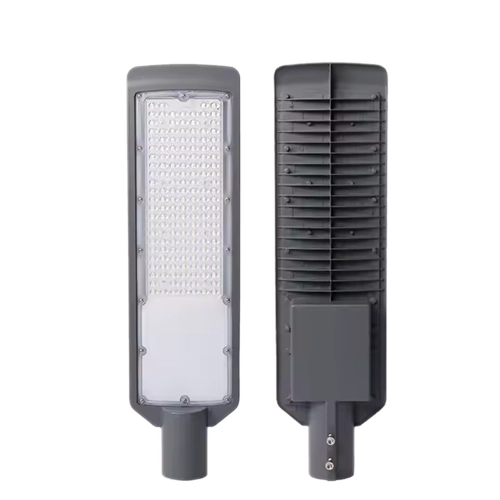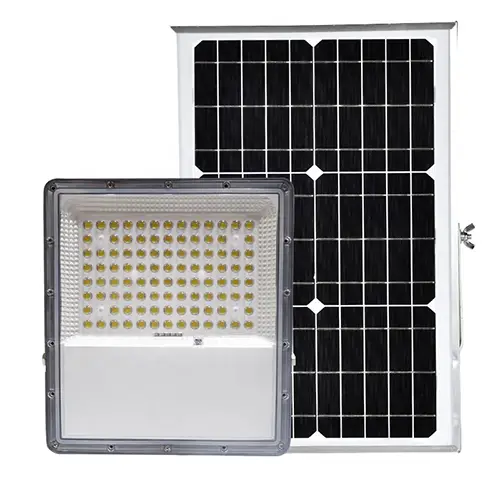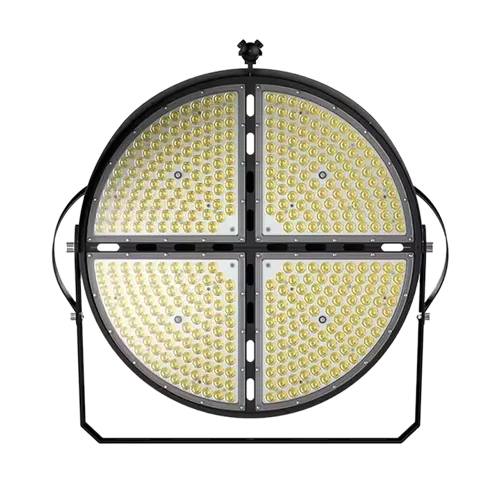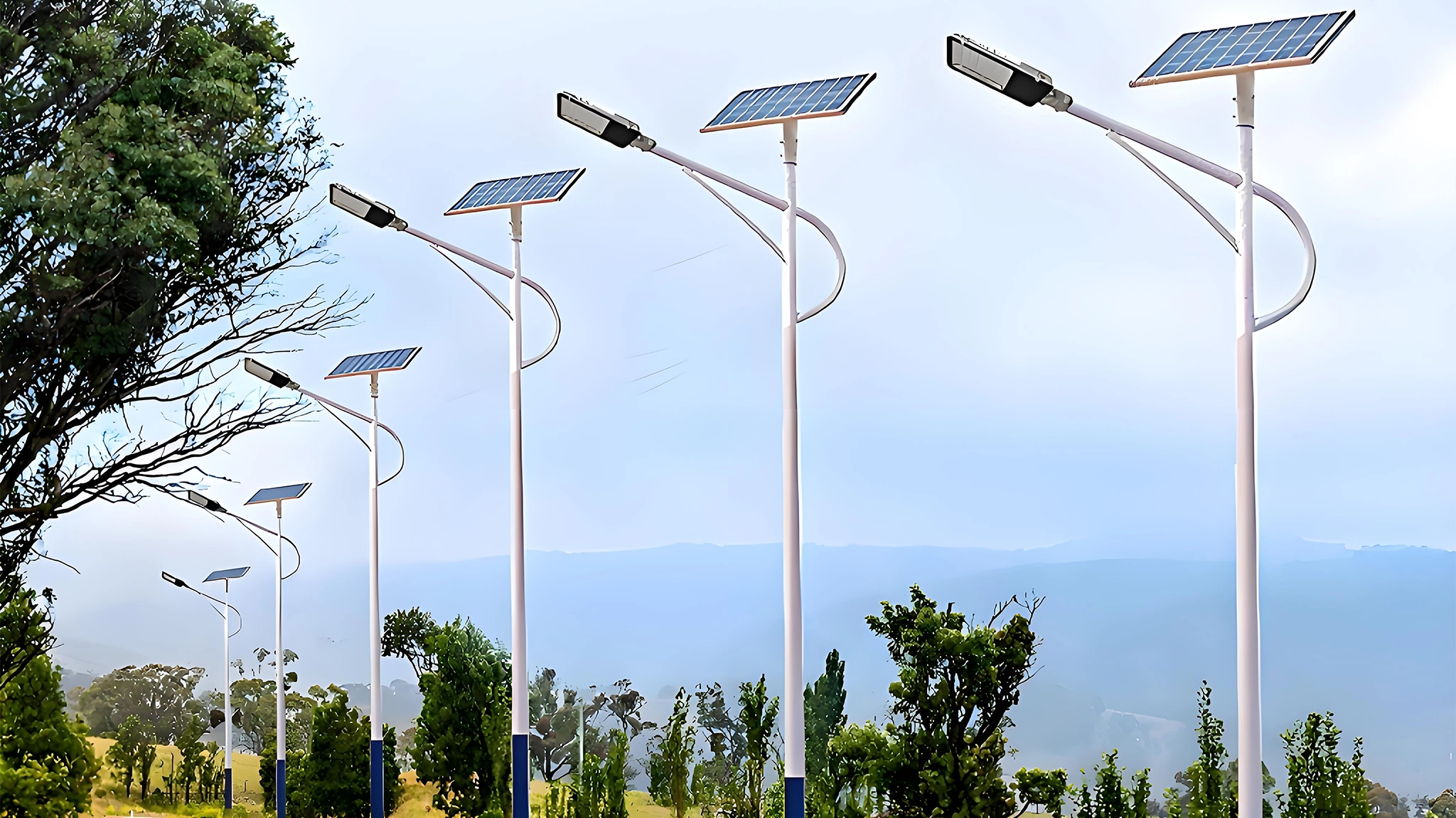Solar street lights are an eco-friendly and cost-effective lighting solution that harnesses the power of the sun to illuminate roads, pathways, and public spaces. But how exactly do they work? In this blog, we’ll break down the components and principles of how solar street light works.
Table of Contents
ToggleKey Components of a Solar Street Light
1.Solar Panel – Converts sunlight into electricity.
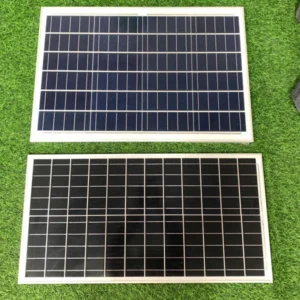
2.Battery – Stores the generated energy for nighttime use.
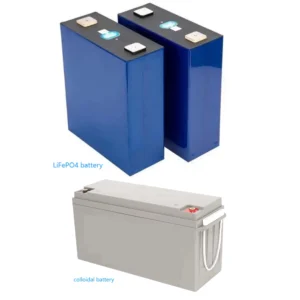
3.LED Light – Provides bright, energy-efficient illumination.
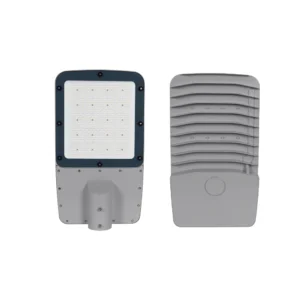
4.Controller – Manages charging, discharging, and automatic on/off functions.
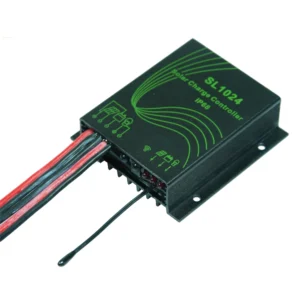
5.Pole & Mounting Structure – Supports the entire system.

How Solar Street Lights Work: Step by Step
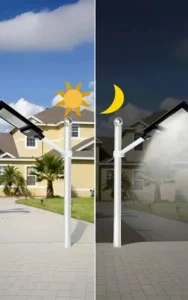
1. Solar Energy Absorption
During the day, the solar panel absorbs sunlight and converts it into direct current (DC) electricity through the photovoltaic effect.
2. Energy Storage
The generated electricity is stored in a rechargeable battery (usually lithium-ion or lead-acid). The charge controller ensures the battery charges efficiently and prevents overcharging or deep discharge.
3. Automatic Activation at Night
When daylight fades, the built-in light sensor (photocell) detects darkness and signals the controller to power the LED light using the stored energy.
4. Efficient Illumination
The LED lamp provides bright, long-lasting light while consuming minimal energy. Some advanced models include motion sensors to increase brightness when movement is detected, further saving power.
5. Recharge Cycle Repeats
The next morning, the solar panel starts recharging the battery, and the cycle continues.
Split-Type vs. All-in-One Solar Street Lights
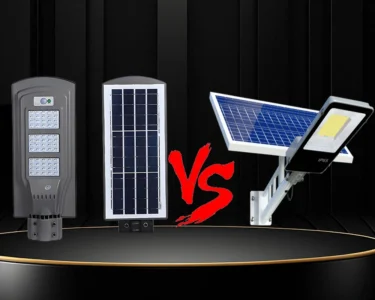
Solar street lights come in two main designs: split-type (modular) and all-in-one (integrated). Each has unique advantages depending on the application.
| Feature | Split-Type Solar Street Light | All-in-One Solar Street Light |
|---|---|---|
| Design | Separate solar panel, battery, and light | Compact, all components integrated into one unit |
| Installation | Requires more assembly | Easier, faster installation |
| Battery Capacity | Larger battery options available | Limited by compact design |
| Maintenance | Easier to replace individual parts | More difficult to repair |
| Cost | Generally more affordable | Slightly higher initial cost |
| Best For | High-power needs, long runtime | Urban areas, decorative lighting, easy setup |
Which One Should You Choose?
✔ Split-type – Better for high-lumen output, longer backup time, and customizable setups (e.g., highways, large parking lots).
✔ All-in-one – Ideal for residential streets, gardens, and pathways where aesthetic design and quick installation matter.
Conclusion
Solar street lights are a smart, sustainable lighting solution that operates independently of the grid. By converting sunlight into electricity and storing it for nighttime use, they provide reliable illumination while reducing energy costs and environmental impact.

